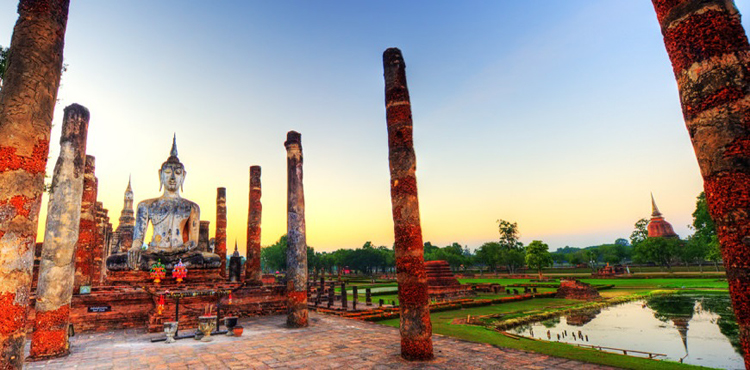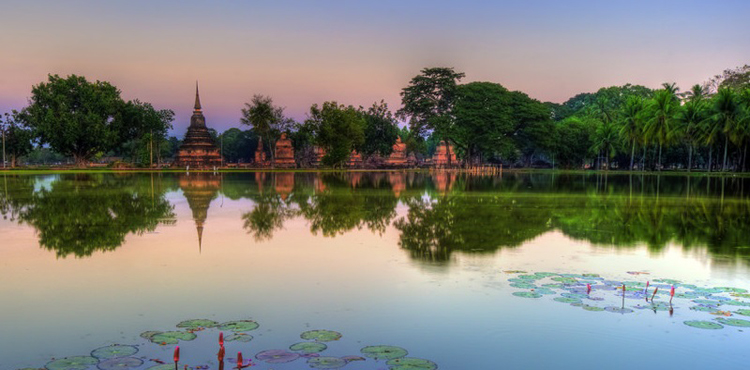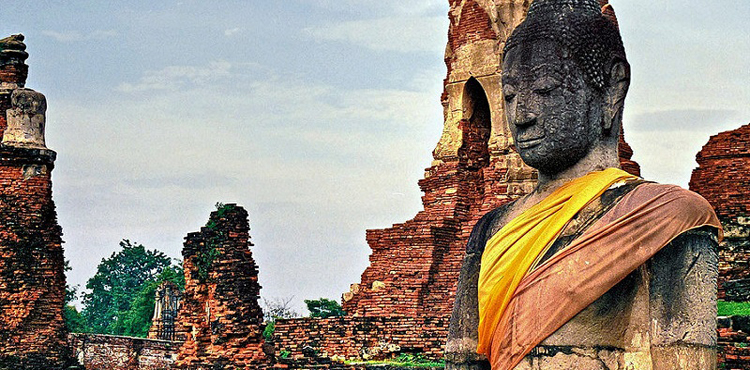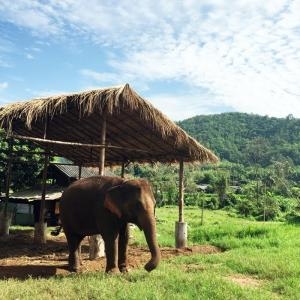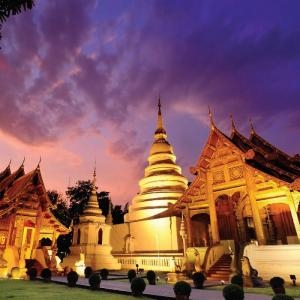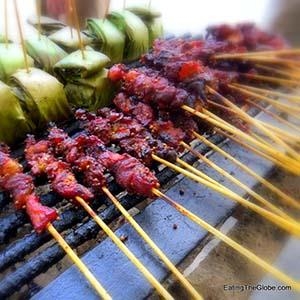0
OOPS YOUR CART IS STILL EMPTY
We're sure you'll find the perfect activity.
If not, please let us know, and our experts will make it happen
OOPS YOUR CART IS STILL EMPTY
We're sure you'll find the perfect activity.
If not, please let us know, and our experts will make it happen
1
UP TO 70% OFF!
Join today to see our member only deals.
Join eAsia today and enjoy up to 70% off on a selection of tours and activities around Asia.
JOIN TODAY
Already have an account?
Sign in
Trips Search
Destination
Duration
Price
Travel Style
Keywords



